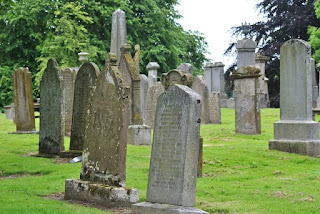The Malay Book of Mormon theory: It just keeps on giving!

(Wikipedia Photo: Banteng are native cattle to Southeast Asia) I’ve been meaning to write a long blog post that details why the Malay theory of the Book of Mormon is the strongest geographic theory out there for where Book of Mormon lands took place, but I keep putting off the post because I get overwhelmed with all the interesting and exciting information that I keep discovering about the Malay Peninsula and the connections it appears to have to Book of Mormon lands. Rather than putting off my post, I’ll write a shorter post with the hopes of publishing my longer post in the future. It’s better to get something out than nothing at all! To back things up a bit for those that have no idea what on earth I’m talking about, the Book of Mormon is a volume of scripture held sacred by members of my faith...


